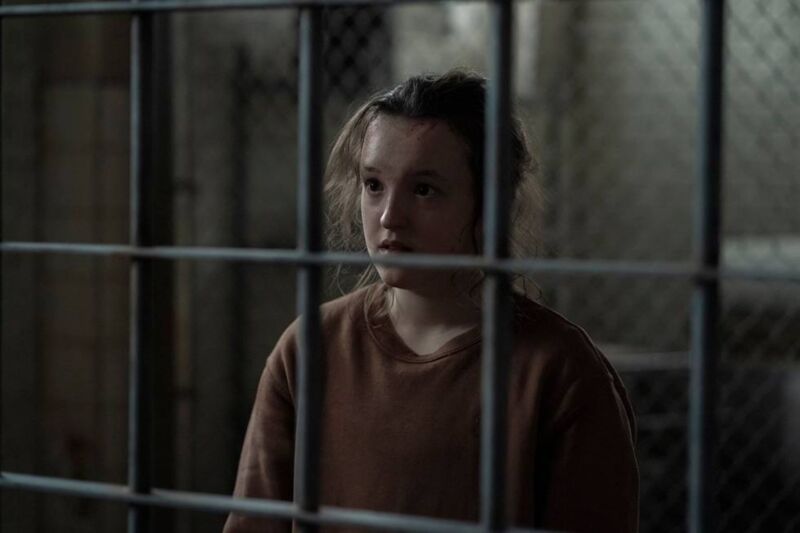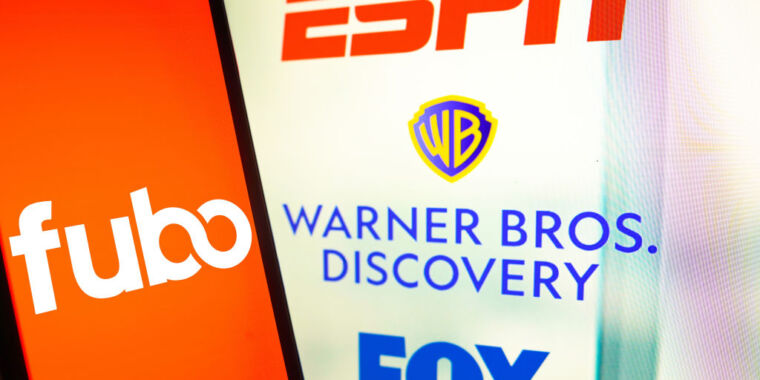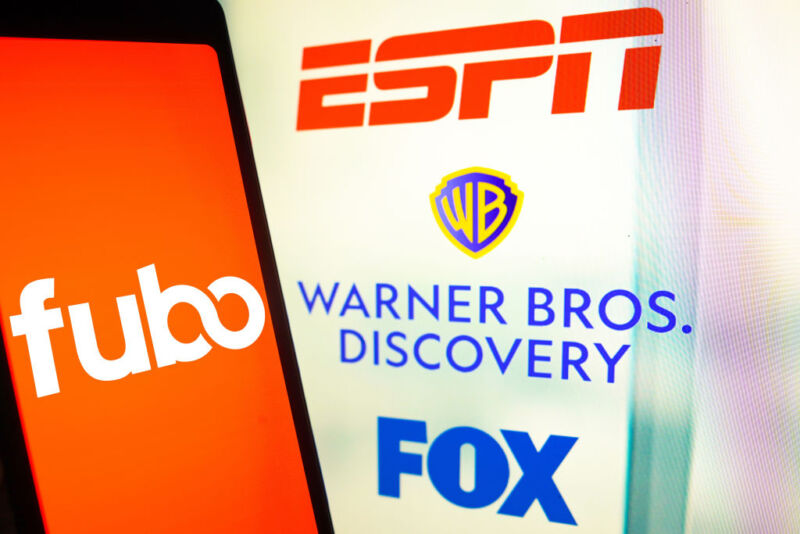Max confirms 2024 password crackdown, explores adding transactional ads
Monkey see, monkey do —
WBD looking for ways to grow newfound streaming business profitability.

Enlarge / Max viewers will soon need their own account to watch Ellie in The Last of Us.
Warner Bros. Discovery (WBD) has confirmed that it will be cracking down on password sharing for its Max streaming service starting this year. The news follows streaming rivals, including Netflix and, soon, Disney-owned Disney+ and Hulu, in banning the sharing of account login information with people outside of the account holder’s household.
As spotted by TheWrap, while speaking at Morgan Stanley’s Technology, Media, and Telecom 2024 conference in San Francisco on Monday, JB Perrette, CEO and president of global streaming and games at WBD, said that WBD sees a password-sharing crackdown as a “growth opportunity.”
“Obviously Netflix has implemented [its password crackdown] extremely successfully. We’re gonna be doing that starting later this year and into ’25,” Perrette said.
Netflix famously launched the password crackdown trend in March 2022 and brought the rule changes to US subscribers in May 2023. Netflix had excused password sharing for years, but in 2022, it lost subscribers—about 200,000—for the first time since 2011. At the time, Netflix had 221.64 million subscribers; its most recent subscriber count was 260 million.
However, Max is unlikely to see the same subscriber surge as Netflix did. After all, Netflix’s ban on password sharing started after 17 years of gaining millions of subscribers. The Max streaming service has only been around for four years, a number that includes HBO Max, as Perrette pointed out, noting that banning account sharing is still a ”meaningful” financial prospect.
Perrette didn’t get into details about how Max’s password crackdown would work and how it might apply to the Discovery+ streaming service that WBD also owns.
New types of ads on Max
WBD is aiming to grow its streaming business with more subscribers and less churn as it expands to other markets and tries to boost content selection following a light year impacted by strikes.
On Monday, Perrette also discussed interest in changing the types of ads its streaming service shows. On the network side, HBO is known as a channel with very few commercials and a primary focus on its own content. Now that WBD is focusing on driving the streaming side of HBO through the Max app, it would prefer that the content be more synonymous with ads. Streaming services report making more money per user on average when they use a streaming subscription with ads rather than paying more for no commercials.
Per Perrette:
On the ad format size, we’ve made lots of improvements from where we were, but we still have a lot of ad format enhancements that will give us more things that we can go to marketers with, [like] shoppable ads [and] other elements of the ad format side of the house that we can improve …
Again, Max isn’t starting a trend here. Amazon Prime Video, for example, is already looking at transactional ads. Disney+ announced beta testing for shoppable ads to advertisers in January. Hulu has worked with transactional ads for years. Peacock sells them, too. Apple TV+ still doesn’t have an ad tier for its streaming service, but recent hires have people suspecting that that may change.
Perrette also touched on scaling WBD’s streaming business by bundling with third-party services, as Max does with Verizon. Perrette said WBD is in discussions with other partners for potential bundles.
WBD’s strategies come as it tries to grow the profitability of its streaming businesses. In its earnings report shared on February 23, WBD said that its direct-to-consumer (DTC) business, which includes the Max and Discovery+ streaming services and HBO network, made a profit of $103 million in 2023. In 2022, WBD’s DTC business lost $2.1 billion. The company most recently reported having 97.7 million DTC subscribers, compared to the 95.8 million that it finished Q2 2023 with.
Outside of Max, WBD is planning to launch a joint sports-streaming app with Fox and Disney; some, including rival streamers, however, have challenged the proposed joint venture as monopolistic. This week, also at Morgan Stanley’s event, Fox CEO Lachlan Murdoch said he expects the future sports-streaming service to have 5 million subscribers five years after launch, Bloomberg reported.
But as streaming services like Max contemplate ways to make more money in the near term, subscribers are facing a pivotal point. Streaming is increasingly mirroring traditional cable companies in terms of being ad-driven, promoting long-term subscriptions, enacting price hikes, bundling, and threatening possible consolidation. While such moves might make sense from a business perspective, in many cases the result is unhappy subscribers.
Max confirms 2024 password crackdown, explores adding transactional ads Read More »





















